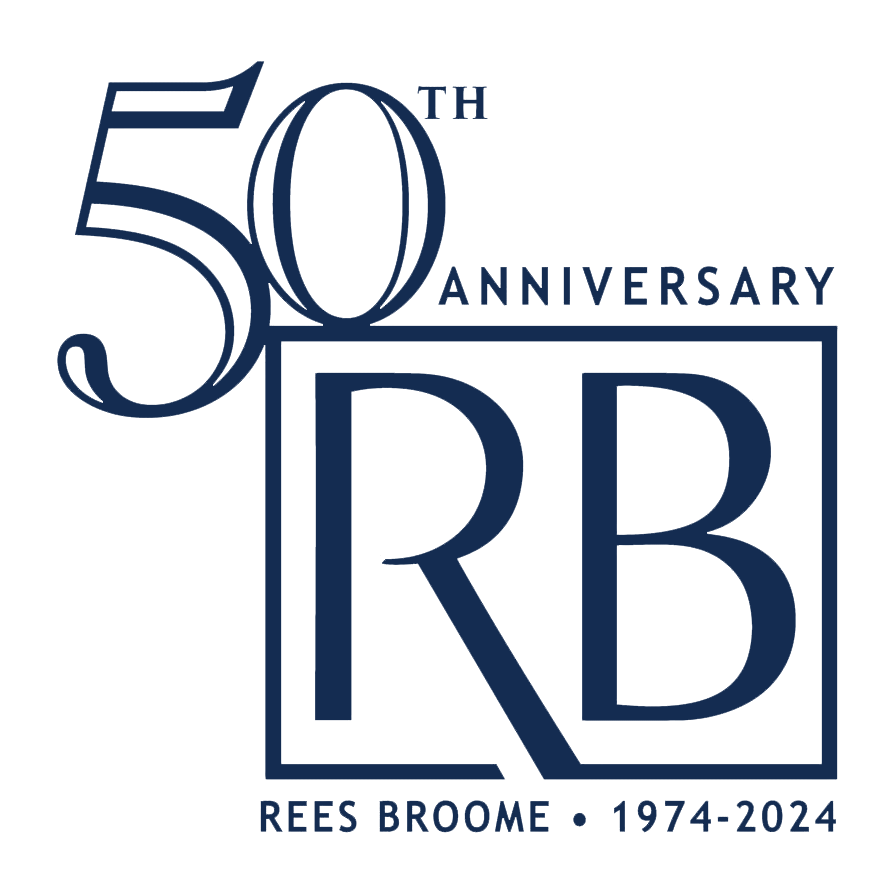Is that a Bird or a Plane? Regulating Drone Use in a Community
By: Mariana R. Teran and Ruhi F. MirzaDrone Regulations
The use of drones throughout the country has become prevalent over the last ten years. This has caused both Congress and various states to adopt laws and regulations to ensure that drones are used safely and are not used in a manner that can compromise a person’s reasonable expectation of privacy.
With respect to Federal law, Congress authorized the domestic use of drones in the Federal Aviation Administration Modernization and Reform Act of 2012 (FMRA). When Congress passed this law, it placed some restrictions on the use of drones. Some of these requirements include that drones must weigh less than 55 pounds, they must remain within the sight of the operator, and that there are limits on the maximum heights and speeds at which they may be flown. The Federal Aviation Administration (FAA) published regulations requiring owners to register drones, the violation of which may subject owners to civil and criminal penalties. Additionally, the D.C. metro area is within a “Special Flight Rules Area” which has an outright ban on drones within fifteen nautical miles of Reagan National Airport, and additional restrictions on operation of drones within 15-30 nautical miles.
Virginia passed drone legislation in 2013, which was limited to restricting use of drones by the Government/law enforcement. However, nothing in the statute prohibits private, commercial or recreational drone use and attempts to amend the Virginia statute to authorize local governments to pass time/place/manner restrictions on drones have so far been unsuccessful.
Maryland has only passed one statute regarding regulation of drone use. Maryland Code § 14–301 states that only the state legislature may enact laws regulating the use of drones and any state law supersede that enacted by local government. Though no further regulation has been passed as of the time of this writing, the language of the statute insinuates further drone regulation is being contemplated by the state legislature.
Regulate Use of Drones in the Association for Personal Use
While the legislation does not provide community associations with clear guidelines for restricting drone use, that does not mean that the Association is without recourse if they desire to do so. Typically, a Board of Directors are empowered to adopt, amend and repeal Rules and Regulations restricting and regulating the use and enjoyment of the Property (which includes the Lot and Common Area) or any portion thereof, which may supplement, but may not be inconsistent with the provisions of the Association Documents.
For these reasons, a Board may wish to consider adopting reasonable rules and regulations governing the use of drones by residents of the community. Such rules might include the following concepts:
- No unmanned aircraft systems may be flown over or directed to land on the Common Area. Deliveries effectuated by unmanned aircraft systems may only be directed to land on the Lot of the Owner who initiated such delivery.
- No unmanned aircraft system may be used in violation of any federal, state or local laws regulating the use, ownership and operation of thereof.
- Unmanned aircraft systems shall not be used in such a manner as to create or become a continuing annoyance or hazard or nuisance to the Owners or Residents of the Association.
- Any damage caused to the Common Area or to another Owner’s Lot by unmanned aircraft systems shall be promptly repaired by the Owner who caused such damage at their sole expense. Failure to repair any damage will entitle the Association or the Owner to all available remedies provided in the Declaration, Bylaws, and those available at law or in equity.
- The Association shall not be liable for loss or damage, by theft or otherwise, of articles which may be stored or delivered upon the Common Area or any Lot nor shall the Association be liable for any misdelivered or stolen packages.
- The Association shall not be liable for injury to persons relating to unmanned aircraft system deliveries, use, or operation.
- Each Owner or Resident who utilizes an unmanned aircraft system recreationally or through a business offering delivery services shall indemnify and hold the Association, its directors, officers and agents harmless from any and all claims, actions or proceedings which result from such use.
Association’s Use of Drones
As for the issue of using drones for the conduct of inspections or other Association business, the Association certainly has the authority to do so. Most Associations have the right of access to Lots for the conduct of inspections, so it is permissible for the Association to fly a drone over a lot to conduct a necessary inspection.
However, there are several issues to consider when the Board decides to use drones for Association business. One, among the issues related to the use drones is to ensure that the Association is no directing cameras inside a home, which can implicate privacy issues. While there is no expectation of privacy outside the home, there is an expectation of privacy inside the dwelling itself.
Also, another liability issue can arise from losing control of a drone. A drone can crash into a dwelling, vehicle or people, thus causing damage to property or even personal injuries. Also, if an Association chooses to use a drone for the purpose of conducting inspections, the Board should be prepared to receive complaints from certain owners who may allege that doing so is a nuisance or violates their concept of their right to privacy. The Board should also be concerned that flying a drone on a property that is not subject to the Declaration, such as a neighboring subdivision, could result in trespassing on property. A property includes the air rights above the property thus entering the property’s air space could be considered trespass, even if done accidentally.
